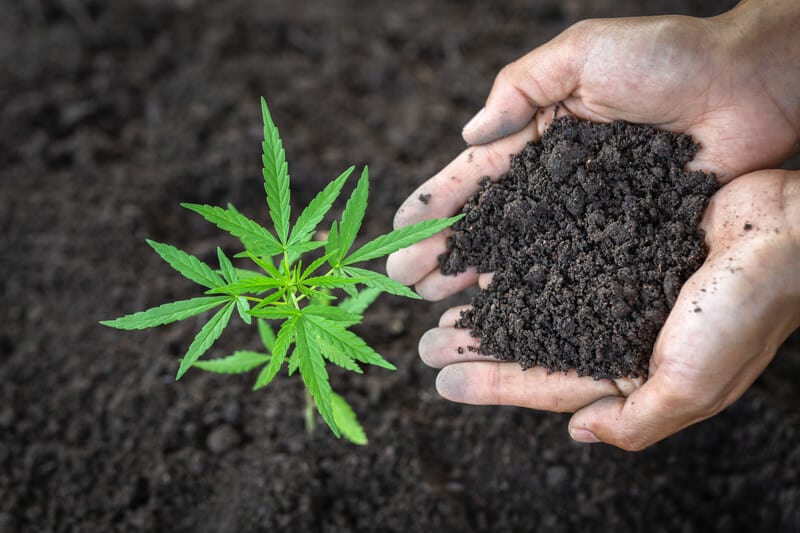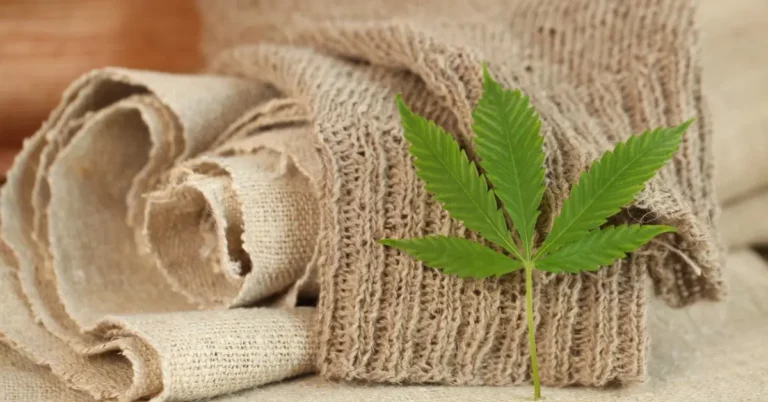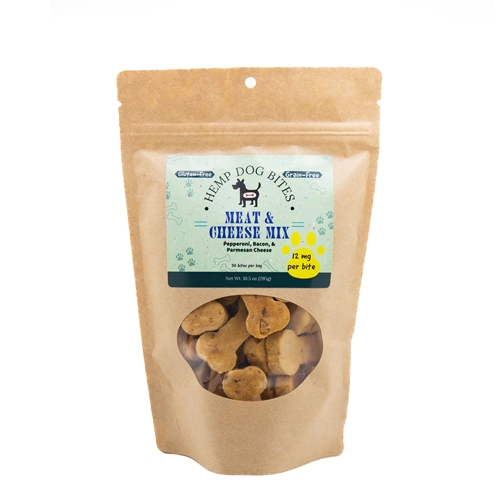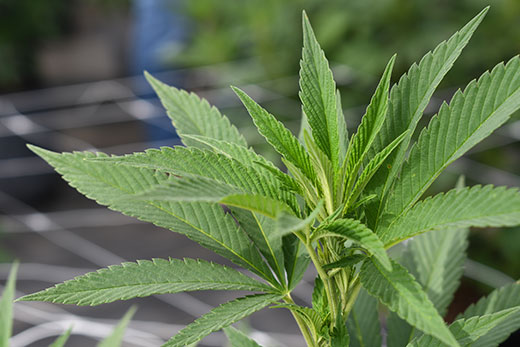Exploring Hemp Compost
When planting your garden, one of the first things to think about is the soil your plants will grow in. We all want our plants to be the healthiest and happiest they can possibly be. And while there are hundreds of different soils to grow in, the rise in sustainable and biodegradable materials used for soil health and preservation has become a popular trend.
We all know that when a plant dies, it erodes and supplies nutrients to the soil it once grew in. In fact, humans have been recycling plant material for beneficial compost for thousands of years. In our modern day and age, we still utilize this method across many different agricultural niches, so why not hemp?
The popularity of hemp products has led to a surge in biomass production. But after the “flower” part of the plant is harvested, what happens to the stems, leaves, and other parts of the plant?
In nature, this plant would travel through the natural cycle of life, biodegrading at the end of its life and providing sustenance to other plants. But with the rules and regulations the agricultural community faces, things become a bit more complicated.

While federal laws provide a baseline for regulations in the hemp industry, each state has more fine tuned guidelines that govern the hemp industry in their jurisdiction. These guidelines include what can and cannot be used to grow hemp. The hemp used for smokable flower and processing adheres to stricter guidelines than hemp grown for fiber. After all, when it comes to ingestible products, pesticides like Eagle 20 certainly should be avoided.
So what can be done with the remainder of the hemp plant after harvest? Depending on the state governing the hemp industry, there are different options that mimic the natural life cycle of the plant and eliminate waste. But how do they work, and how can they help make the hemp industry more sustainable?
One of the main options most explored is composting. The stems, leaves, and root balls all are biodegradable. Under the right conditions, leftover biomass could be upcycled into compost for later harvests. There are multiple benefits to this option besides eliminating the sheer amount of waste hemp farmers and processors deal with after harvesting the flower.
According to Biocycle, the stems, “once shredded, can provide much needed carbon and porosity for a compost process.” The same can be said of the leaves and root ball of the plant. These can be added to existing compost for use on future plants. The biomass will add valuable nutrients needed to make future hemp crops happy and healthy.
Composting hemp can also help combat soil erosion. As natural topsoil is removed over time, plants become more susceptible to disease and nutrient deficiencies. Adding a compost can help add some new life into the soil and keep plants healthy.
Water conservation is also a benefit of using compost. Utilizing composts can help retain water and improve root health in your plants. Unlike other methods, composting using hemp biomass offers a more sustainable alternative to other water conservation methods.
Studies have also shown that using compost can boost crop productivity. According to an article published byThe West, Professor Susanne Schmidt of UQ’s School of Agriculture and Food Sciences was quoted as saying, “Farmers using Precision Compost Strategy (PCS) in large-scale agriculture could improve crop yield, soil health and divert biowaste from landfill where it generates harmful greenhouse gases.”
Professor Schmidt argues that composting could not only improve soil health and preservation but also help boost crop yields. According to the same article from The West, “By 2050, scientists predict up to 90 percent of farming soil will be degraded and produce smaller crop yields.” Compost made with hemp could potentially help mitigate and even possibly help avoid this scenario.
It is clear that composting hemp could help not only the hemp and agricultural industries but the world as a whole. So why are we not doing this already? There are several hurdles the hemp industry needs to overcome before composting leftover biomass into compost.
For instance, those who are breaking down the plant after harvest and using parts for composting should be on the lookout for foreign materials that may impact the quality of the compost. Trellis/netting, labeling, and other nonorganic materials cannot be added to compost and may impact plants negatively if added. Thankfully, this waste is minute compared to the biomass that can be composted.
Composting leftover biomass can help solve one of the largest problems facing the hemp industry but face a wide range of regulatory red tape. According to Hemp Benchmarks, there are several hurdles that need to be overcome for a waste disposal niche to take root. These obstacles include the stigma surrounding hemp, the current federal regulatory environment, and the lack of FDA guidance concerning disposal and recycling methods.
But there is always a light at the end of the tunnel. As more research surrounding hemp compost and the effects of using it is being undertaken by a wider range of research facilities, regulations are changing. With many setting a goal to make the hemp industry more sustainable and help eliminate factors such as waste, lawmakers have begun adjusting regulations as new data becomes available.
Leftover hemp biomass being used for compost is an emerging niche that holds incredible amounts of potential. This particular emerging sector not only tackles the hemp industry’s waste problem but also other problems as well. Soil preservation, water conservation, and other important factors can all benefit from compost, including compost made from hemp. Modern research and small scale trials all have shown promising predictions.
Despite the regulatory hurdles and stigma facing the hemp industry, hemp compost is poised to become a valuable part of the industry as a whole. And as that stigma is overridden by the positive data emerging from various resources, regulations are changing to accommodate this niche. Make no mistake, hemp biomass used for compost will become a valuable and regular part of the industry within our lifetime.





